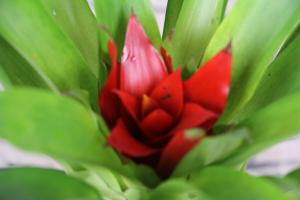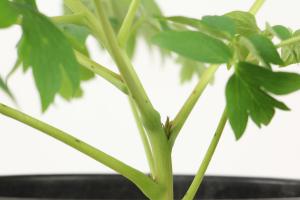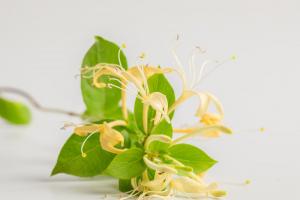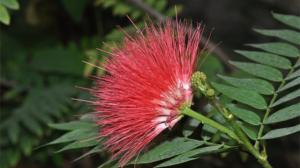Introduction
Planting an olive tree is a great idea for anyone who enjoys gardening and wants to grow their own fruits on their property. However, before planting an olive tree, it is important to consider various factors that can affect the growth and health of the tree. In this article, we will discuss where to plant an olive tree to ensure its growth and longevity.
Climate and Soil Conditions
The first factor to consider when planting an olive tree is the climate and soil conditions of the area. Olives grow best in areas with a Mediterranean climate, which includes long, hot, and dry summers and mild winters. The tree can survive in other climates, but its growth rate and the quality of the fruits may be affected. Additionally, olive trees prefer well-drained soil with a pH level between 5.5 and 7.5. Therefore, it is important to choose a location that provides these ideal conditions to ensure the success of the olive tree.
Location and Sunlight Exposure
After considering the climate and soil conditions, the next factor to consider when planting an olive tree is the location and sunlight exposure. Olive trees require full sunlight exposure for optimal growth and fruit production. Therefore, it is important to choose a location that receives direct sunlight for at least six hours per day. Additionally, the location should be protected from strong winds, as they can damage the tree and prevent proper growth.
Watering and Drainage
The third factor to consider when planting an olive tree is watering and drainage. The tree requires moderate watering during its growth phase, but too much water can cause root rot and other problems. Therefore, it is important to choose a location that provides adequate drainage to prevent water from accumulating around the roots. Additionally, it is important to plant the tree on a slope or mound to ensure proper drainage and prevent water from pooling around the base of the tree.
Companion and Competing Plants
Finally, it is important to consider the companion and competing plants when planting an olive tree. Companion plants are those that grow well with the olive tree and can provide it with benefits such as improved soil quality, reduced weed growth, and increased pollination. Competing plants are those that can negatively affect the growth of the olive tree by competing for resources such as water and nutrients. Therefore, it is important to choose companion plants such as lavender, rosemary, and thyme and avoid plants such as grass, which can compete with the olive tree for resources.
Conclusion
Planting an olive tree is a great way to enjoy fresh fruits on your property and add beauty to your landscape. However, before planting the tree, it is important to consider various factors such as the climate and soil conditions, location and sunlight exposure, watering and drainage, and companion and competing plants. By choosing a location that provides ideal conditions for the olive tree, you can ensure its growth and longevity and enjoy its fruits for years to come.

 how many times do yo...
how many times do yo... how many planted tre...
how many planted tre... how many pine trees ...
how many pine trees ... how many pecan trees...
how many pecan trees... how many plants comp...
how many plants comp... how many plants can ...
how many plants can ... how many plants and ...
how many plants and ... how many pepper plan...
how many pepper plan...































